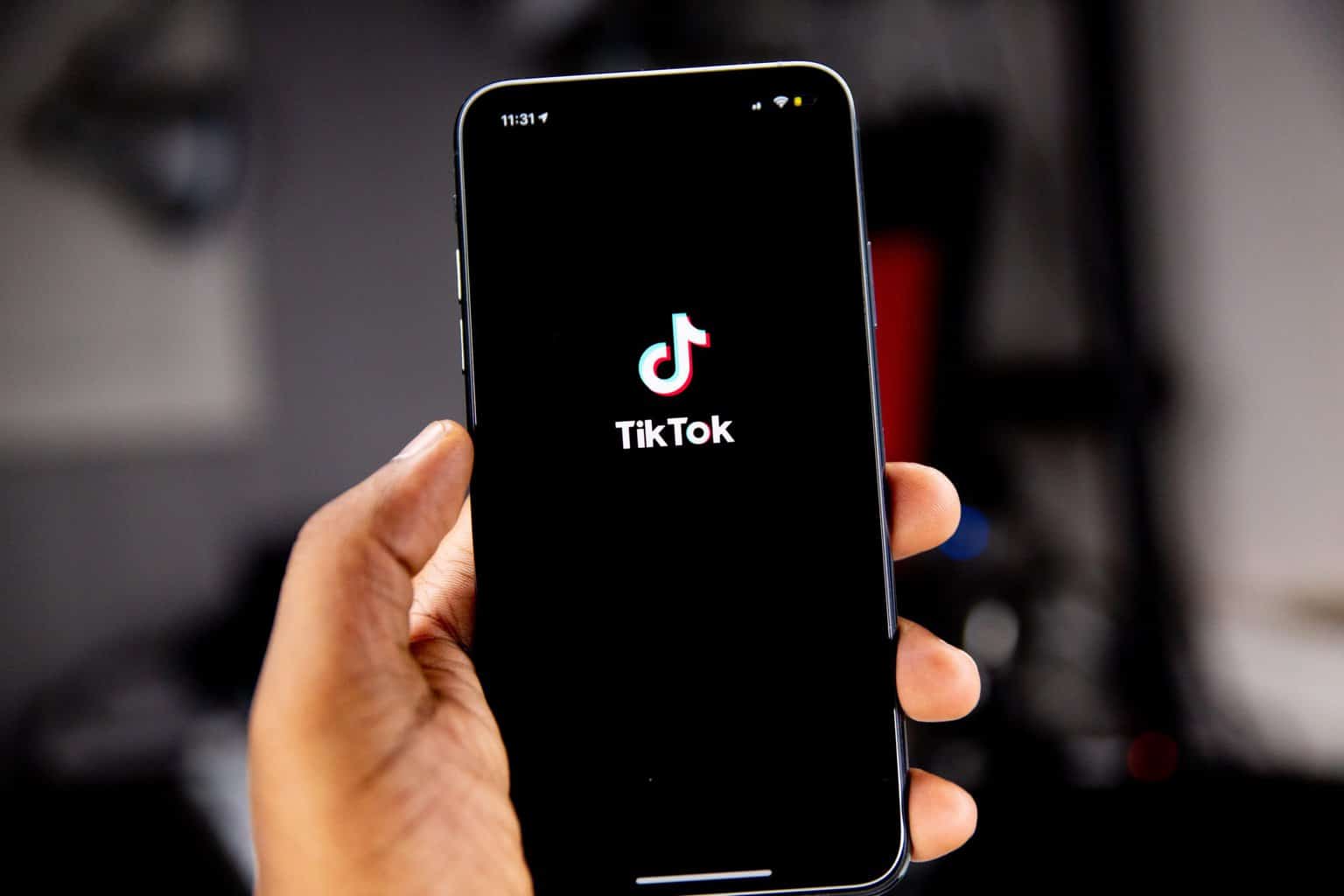What do the latest government TikTok bans mean for marketers?

TikTok has taken the social media world by storm. Once a relatively obscure video-sharing app, the platform has amassed over 1.4 billion users and established itself as a true digital media heavyweight in just a few short years.
However, the app has been under fire in recent times. Concerns around security and privacy have culminated in several global governments banning the use of TikTok on official devices. Let’s take a look at these bans in more detail and discuss what they could mean for marketers.
Who has banned TikTok?
Last week, news broke that the UK government was to ban the use of TikTok on official devices. Ministers and civil servants will no longer be able to access or use the app on their work phones. They will, however, still be allowed to use it on their personal devices.
Earlier this month, the EU made a similar move, banning TikTok on the devices of officials working within the European Parliament, European Commission, and European Council.
Both the UK and the EU’s decisions brought them in line with the US, where TikTok has been banned on official government devices since last December.
Canada and Taiwan have also banned TikTok from government phones, while India has a blanket ban that prohibits anyone in the country from using the app.
Why exactly has TikTok been banned in so many places? Let’s find out.
Why has it been banned?
The reason behind all the aforementioned bans surrounds specific concerns regarding privacy and security.
According to research into how TikTok functions, particular concerns have been raised about how the app interacts with data and other apps on user devices. A study by cybersecurity company Internet 2.0 revealed that TikTok can access contact lists, geolocation information, calendars, WiFi networks, Sim card data, and information about other applications.
While being able to access data on a device and interact with other applications is nothing new for modern apps, and indeed is how many of them function, the concern with TikTok is how this data is being collected and stored, and who by.
TikTok is owned by the Chinese company ByteDance. Given rising tensions between China and the West, it’s no real surprise that privacy and security issues have been raised.
Governments that have banned TikTok have cited fears that the Chinese state could be given access to potentially sensitive information. China’s National Intelligence Law 2017 states that all companies must assist the government’s intelligence and national security efforts if required to do so.
What this means is that, in theory, the Chinese government could access sensitive data collected from Western government-issued devices from around the world.
TikTok has maintained that user data isn’t stored in China, but rather on servers in Singapore.
However, a 2022 privacy policy update disclosed that Chinese employees can and do have access to user data under specific circumstances.
This revelation was the nail in the coffin and led to the succession of bans we’ve seen in recent months.
What will this mean for marketers?
TikTok’s enormous success and appeal to younger demographics have made it an incredibly attractive platform for marketers and advertisers.
With 29% of TikTok’s one billion monthly users accessing the apps every day, TikTok has massive potential as a marketing platform. The app has fantastic engagement stats, with 55% of users making a purchase after seeing a product on TikTok. Last year, TikTok reported ad revenue of $5.04 billion, a clear indication of its importance for modern social media marketing.
So, what will the recent government bans mean for marketers on TikTok? The answer is not a lot – for now. While the app may be banned on certain official devices, this will go largely unnoticed given the platform’s enormous reach and popularity.
However, tensions between China and the west can’t be ignored, and these initial bans could be an indication of something more significant. Marketers will still have access to TikTok’s user base, but if bans were to be implemented across the general public, this would be catastrophic for brands on the platform.
If you think this sounds like an overly pessimistic prediction – think again. The US has long flirted with a nationwide TikTok ban, an idea going back to the early days of Donald Trump’s tenure.
The topic has picked up speed in recent months. A directive imposed by the Biden administration has put renewed focus on foreign-owned technology, TikTok included. US officials have since come out and demanded that TikTok sell its Chinese-owned shares or face a total ban in the US.
With over 94 million users in the US, losing access to this market would be devastating for brands and businesses.
While the recent government bans might not have any real effect on TikTok marketers today, it is the latest development in an increasingly strained relationship that could see TikTok fall as today’s hottest marketing platform.
Conclusion
TikTok is one of the best options available today for digital and social media marketers. However, these recent bans could spell the end of the platform and could see brands and businesses lose out.
If you’re looking for more affiliate and social media marketing knowledge, check out our blog for the latest news and affiliate marketing insights. If you want a more personalised approach, book a free call with a member of our team.
For the very best advice from industry experts, register for our Amplify Action Day. This will give you access to masterclasses and panel discussions from key industry figures, which you can stream on demand from our website for just £99.






